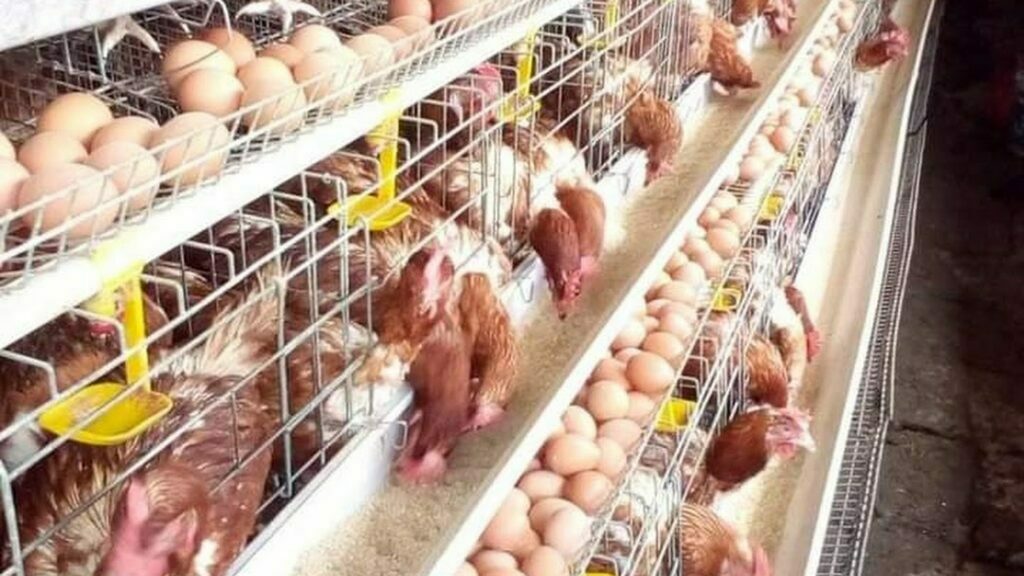Layer rearing refers to the practice of raising hens that are specifically bred for egg production. Here are some important things to consider when rearing layers:
- Housing: Layers require a well-ventilated and spacious house that protects them from the elements and predators. The house should be designed to allow easy access for cleaning and maintenance. Each bird should have a minimum of 2-3 square feet of floor space.
- Feeding: Layers require a balanced diet that is high in protein, vitamins, and minerals. A commercial layer feed is recommended, and it should be supplemented with greens, fruits, and vegetables. Clean water should be provided at all times.
- Health management: Layers require regular vaccination and deworming to prevent diseases. The house and equipment should be regularly cleaned and disinfected. Sick birds should be isolated and treated immediately.
- Lighting: Layers require adequate lighting to stimulate egg production. Natural lighting should be supplemented with artificial lighting to provide a minimum of 14-16 hours of light per day.
- Egg collection: Eggs should be collected daily to prevent them from being soiled or broken. The eggs should be stored in a clean and cool place to prevent spoilage.
- Marketing: There is a high demand for eggs in Kenya, and layers can provide a steady source of income for farmers. Farmers can sell their eggs to supermarkets, hotels, restaurants, and other buyers.
In conclusion, rearing layers can be a profitable enterprise in Kenya if done properly. Proper housing, feeding, health management, lighting, and egg collection are essential for successful layer rearing.

